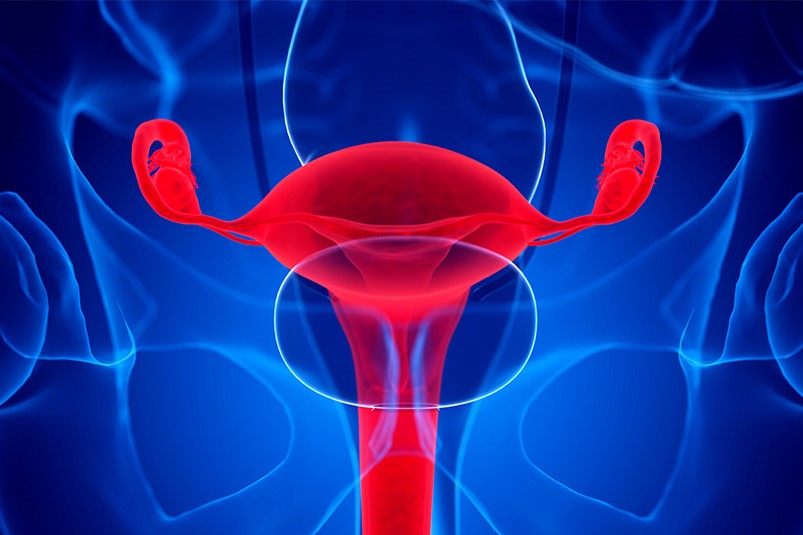
Ovarian cancer, an interesting research by the University of Chicago Medicine: how to starve cancer cells?
Ovarian cancer, a really interesting road to treatment and cure it the one traced by the University of Chicago Medicine. An article by Tiha M. Long explains the correlation between the spread of ovarian cancer cells and their dependence on the patient’s metabolism, or rather on her fat mass.
Ovarian cancer, an interesting scientific article from Chicago
The spread of ovarian cancer, in fact, is directly related to the possibility of ovarian cancer cells to use the adipose tissue of the “host” woman and using it as a source of energy.
Interrupting this “self-service” may prove to be the most effective way to increase the chances of victory against the tumor.
Two researchers of the University of Chicago Medicine Comprehensive Cancer Center, Ernst Lengyel, MD, PhD, professor and Chair of the Department of Obstetrics and Gynaecology, and Iris Romero, MD, professor of Obstetrics and Gynaecology, are managing to analyze those mechanisms and then understanding how to stop the cancer’ spread.
Ovarian cancer is particularly sneaky and insidious for its ability to attack the entire abdominal system of the woman: this characteristic makes that when it is revealed to the patient, it has already invaded it or is even already metastatic in other organs.
However, the “hunger for fat” is also the ovarian cancer cells’ weak point, making it subject of existing treatments for other metabolic disorders.
One of them, for example, is diabetes.
The University of Chicago Medicine: metformin stops the spread of ovarian cancer
In a recent study from 2019, Lengyel and Romero showed that the spread of ovarian cancer can be stopped by a diabetes drug, called metformin, opening the door to new tests to cut metabolic activity in cancer cells.
Later,Lengyel and Romero discovered that ovarian cancer cells and fat cells (adipocytes) can build a relationship in which fat cells receive signals to release other fat, allowing cancer cells to use it as a source of energy for rapid growth.
They hypothesized that stopping this fat’s absorption by the cancer cells would be a way for interrupting the growth and spread of ovarian cancer.
A new study with another staff researcher, Abir Mukherjee, identified a specific metabolic target that helps ovarian cancer cells to use fat, called the fatty acid-binding protein (FABP4).
Physicians-scientists from the University of Chicago Medicine: “Ovarian cancer cells in abdominal adipose tissue have high levels of FABP4”
Laboratory trials have shown that, by blocking FABP4, metastatic ovarian cancer cells starve to death. This significantly slows the growth of ovarian cancer.
For this reason they are testing a FABP4 inhibitor in mice in combination with standard ovarian cancer treatment with promising results.
These investigations by Lengyel, Mukherjee, and Romero have shown, probably, the right direction for a better treatment of ovarian cancer.
Therapies that stop fat metabolism by ovarian cancer cells can prevent these cells from growing in the abdomen and moving to other body’ sites.
Although the treatment tested in this study is not approved for human use, there are other FABP4 inhibitors that are in development and may be studied for the treatment of ovarian cancer.
This would greatly assist women in the fight against ovarian cancer.
Read Also:
Health In Swaziland, Women Risk Cancer For The Spread Of Clandestine Contraceptives


